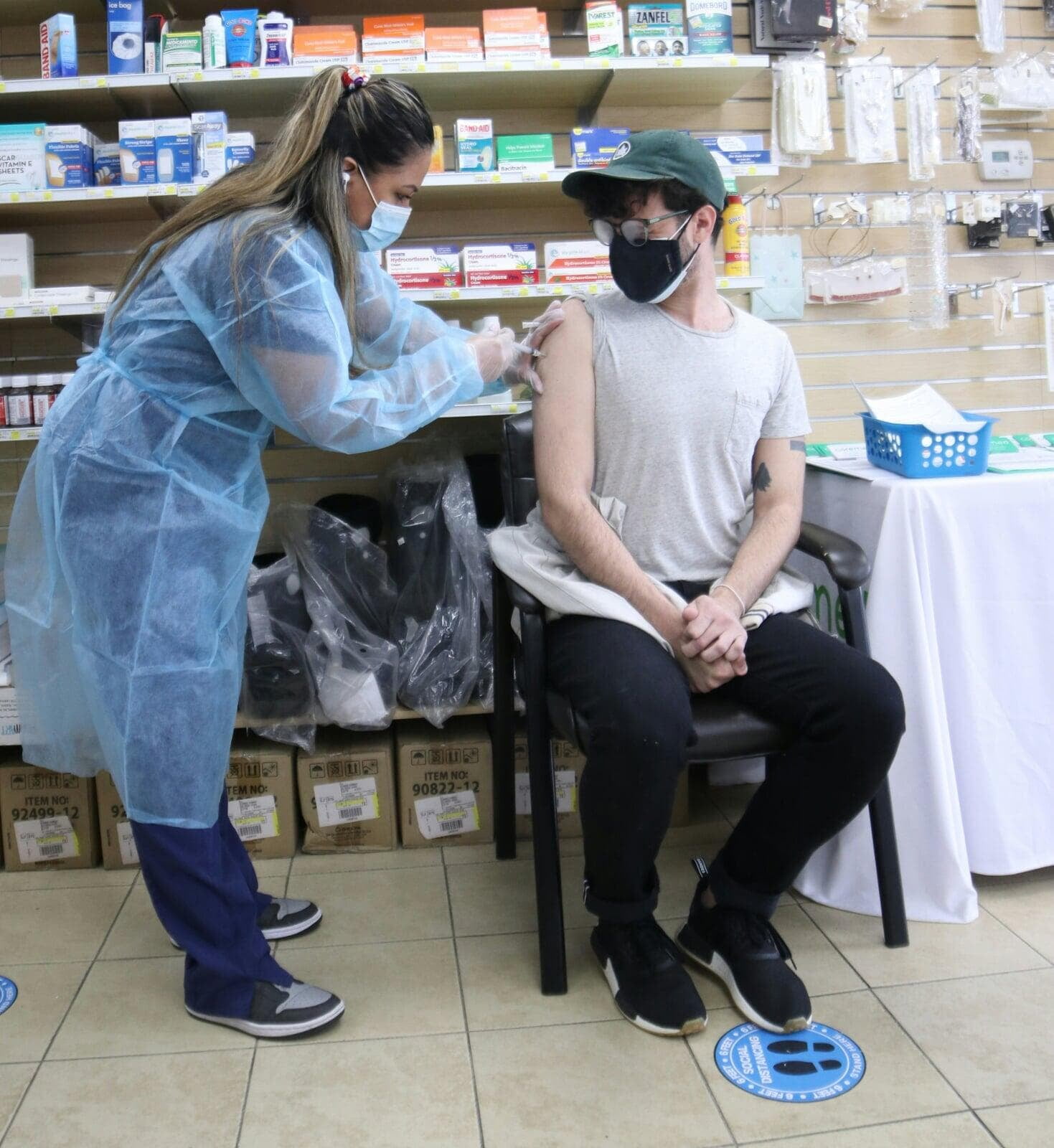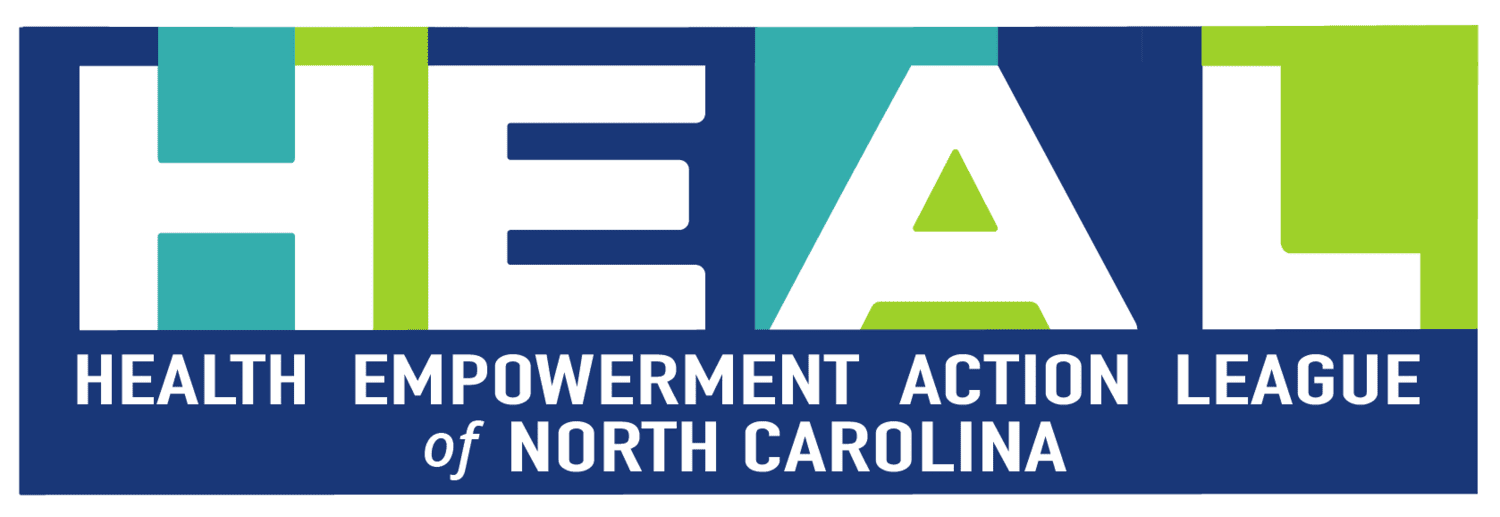14-Year-Old Forced to Get Pfizer Shot Should Be Allowed to Sue Board of Education, CHD Tells N.C. Supreme Court

This article was originally published by The Defender — Children’s Health Defense’s News & Views Website.
Children’s Health Defense (CHD) today filed an amicus brief urging the North Carolina Supreme Court to overturn the dismissal of a case involving a 14-year-old boy who was given the Pfizer COVID-19 vaccine against his will and without his parents’ consent.
In August 2022, Emily Happel and her teenage son, Tanner Smith, sued the Guilford County Board of Education and Old North State Medical Society after Smith was given a dose of the Pfizer COVID-19 vaccine — which at the time was available only under emergency use authorization (EUA) — by clinic workers at a school vaccination site. The vaccine was administered in August 2021.
Smith and Happel alleged battery, violation of a North Carolina statute prohibiting vaccination with EUA products without parental consent, and constitutional violations.
The trial court dismissed the case in February 2023 on several grounds, including that the defendants are immune under the federal Public Readiness and Emergency Preparedness Act, or PREP Act, and that relevant state laws are preempted by the PREP Act.
In March 2024, the North Carolina Court of Appeals affirmed the trial court’s dismissal of the lawsuit.
After Happel and Smith petitioned the North Carolina Supreme Court, the court agreed on May 23 to hear arguments about whether the PREP Act protects the defendants from liability and suit and preempts North Carolina’s laws governing the plaintiffs’ claims. A hearing has yet to be scheduled.
CHD’s amicus brief argues that the lower courts were wrong to interpret the PREP Act as they did because the U.S. Constitution does not give Congress authority to nullify state laws governing the in-state activities that gave rise to the plaintiffs’ claims. The brief states:
“The lower courts wrongly interpreted PREP as nullifying the North Carolina common, statutory, and constitutional law that would otherwise govern those activities and provide a basis for relief to the Plaintiffs, including laws concerning battery, parental rights, bodily autonomy, and informed consent.”
An amicus brief is filed by non-parties to a litigation to provide information that has a bearing on the issues and assist the court in reaching the correct decision. It comes from the Latin term “amicus curiae,” which means “friend of the court.”
Risa Evans, the CHD attorney who wrote the brief, told The Defender she thinks it’s wrong to leave parents with no legal recourse after a child is injected with an EUA product over the child’s express objection and without parental consent.
“Parents must have a way to hold the wrongdoers accountable,” Evans said. “I hope the North Carolina Supreme Court agrees that the U.S. Constitution prohibits this result.”
Steven Walker, attorney for the plaintiffs, told The Defender the case is important “because it impacts the ability of parents to direct the medical care that their child receives.”
Walker said:
“We hope that the Court will determine that Congress did not close the courthouse doors to parents who are attempting to direct the medical care that their child receives. We simply want the Supreme Court of North Carolina to give us our day in court where we can present our case fully.”
Walker said the case is also important because “it impacts the ability of a child — who was 14 at the time — to reject an injection that he did not want to receive.”
PREP Act doesn’t nullify state laws referenced in the case
CHD’s amicus brief highlighted the legal argument behind why the lower courts were wrong to say that the PREP Act nullified North Carolina laws relevant to Happel and Smith’s case.
According to CHD’s brief, federal law reigns supreme “only where the Constitution empowers the Federal Government to act, and Congress can permissibly nullify state law only through statutes enacted pursuant to an enumerated power.”
“Enumerated powers” are the powers granted to Congress by the Constitution, according to Cornell Law School’s Legal Information Institute.
The brief argues that the specific enumerated power that Congress relied on when it passed the PREP Act — called “Commerce Clause” power — does not give the federal government authority to nullify the state laws that govern the claims in the case.
That’s because the underlying activity — in this case, the vaccination of a minor with an EUA product over his objection and without his parents’ consent — was not “commercial” or “economic” and had virtually no effect on interstate commerce.
Evans said, “Accordingly, as applied by the lower courts, the PREP Act ‘exceeds Congress’ enumerated powers.’”
The brief also urges the North Carolina Supreme Court to instruct the lower courts to adopt a “narrower reading” of the PREP Act’s immunity and preemption provisions, “a reading that enforces constitutional limits on the exercise of federal power.”
CHD isn’t the first or only organization to argue that the PREP Act is unconstitutional.
When the PREP Act was passed back in 2005, several members of Congress voiced concerns about its constitutionality, according to legislative history cited in CHD’s amicus brief.
Since then, these concerns have been echoed in lawsuits brought in Louisiana and Texas by people injured by COVID-19 vaccines.
Last month, Moms for America and individual plaintiffs who were injured by a COVID-19 vaccine, or whose loved one was injured or killed by a COVID-19 vaccine, sued several U.S. government agencies, alleging the PREP Act violates the U.S. Constitution and the Administrative Procedure Act, which governs how federal agencies develop and issue regulations.
Attorney Ray Flores, senior outside counsel for CHD who has filed a separate suit challenging the PREP Act, told The Defender, “At bottom, PREP is an amplified product liability statute that many courts have interpreted as being all-encompassing. To me, battery of a minor must be a separate issue outside of PREP.”
This article was originally published by The Defender — Children’s Health Defense’s News & Views Website under Creative Commons license CC BY-NC-ND 4.0. Please consider subscribing to The Defender or donating to Children’s Health Defense.
